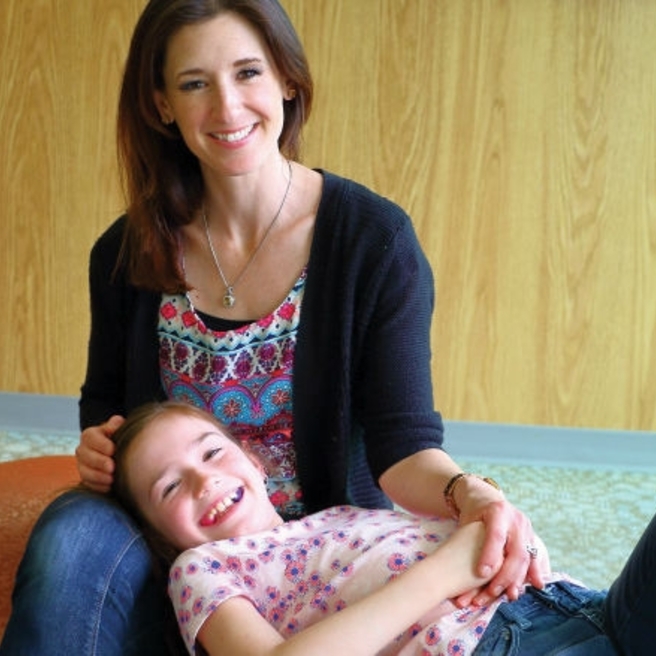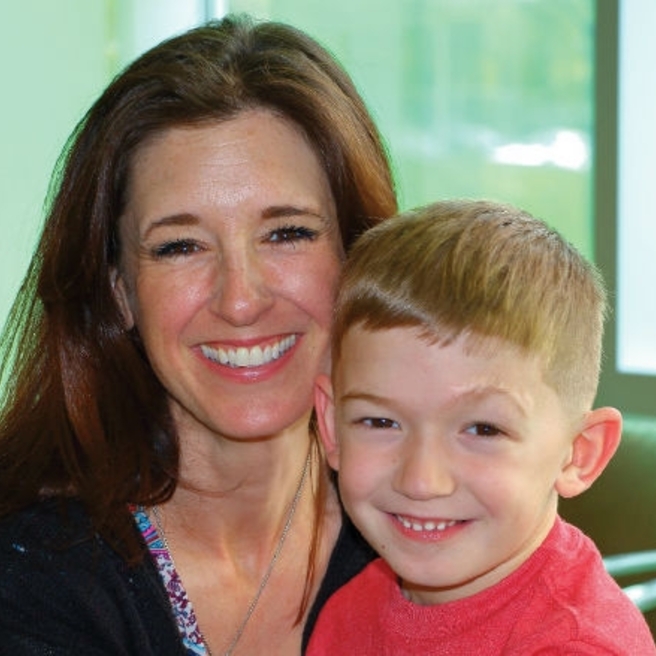Prepare your child for a visit to the doctor
Prepare your child for a visit to the doctor

Going to the doctor’s office can be an overwhelming experience for children and caregivers. Your child may have fears about what will happen in the office. Creating positive medical experiences at a young age will help your child develop healthy habits and routines that carry into adolescence and adulthood. This guide is intended to provide you with suggestions and resources to help create these positive experiences.
Vaccine support
Children need immunizations to prevent them from getting sick. Like adults, children deserve honest answers about their healthcare. Consider teaching your child — before their appointment — about why immunizations are important. This information can be difficult for a child to understand, but hearing it ahead of time, in a “safe” place, from someone they trust, is helpful. Here are some suggestions for helping prepare your child for their immunizations. This language can be adapted for any medical procedure.
Children’s books
Children often relate to story books when it comes to managing challenging situations or emotions. This list of recommended books for children and adolescents will help them prepare and cope with healthcare experiences.
Preparation pictures
Many children and adolescents are visual learners. Seeing pictures of what the doctor’s office looks like may decrease their fear of the unknown. Show your child the type of people they'll meet and the things they might see and do during a visit to the doctor's office. You can display these on a computer screen, iPad or phone before or during a visit to the doctor.


Illustrated picture cards
Do2Learn offers hundreds of picture cards to help parents and caregivers communicate social and behavioral skills and expectations to children with special needs. These include emotion cards, social behavior cards, and getting blood work cards.
You can also download these flash cards from Children's Hospital of Philadelphia to help prepare your child for what they will experience during a medical visit.
Preparation videos
It may help your child to watch a video about some of their favorite characters' visits to the doctor.
Videos about going to the doctor
- Mickey Mouse Clubhouse: Doctor Daisy (available for purchase)
- Sesame Street: Elmo Visits the Doctor
Videos about getting a vaccine
- Doc McStuffins: Busted Boomer (available for purchase)
- Sid the Science Kid: Getting a Shot
- Daniel Tiger's Neighborhood: Daniel Gets a Shot
Coping during a doctor’s visit
Comfort positioning
Comfort positions are secure hugging holds that help your child feel safe and secure during medical procedures. Find several comfort positions that we often recommend for newborns, infants, toddlers and preschoolers.
Additionally, these videos offers guidance for families on comfort positions that are recommended for newborns, infants, toddlers and preschoolers. Preparation suggestions, distraction and pain management are also discussed.
- Video: Comfort positions for infant vaccination
- Video: Comfort positions for toddler vaccination
- Video: Comfort positions for preschooler vaccination
Distraction
You can develop a plan to help your child through their doctor visit prior to your appointment. If possible, get them involved in creating that plan. This will give them more control and confidence over the situation. Things like singing, counting, blowing pinwheels or whistles, or reading a book together often helps children focus on enjoyable items and sensations and distract them from uncomfortable or scary ones. This resource offers ways to help your child through their medical encounter.
Pain Management
Comfort positioning and distraction can help to reduce fear and anxiety during vaccines. A device that uses vibration and ice can reduce pain or discomfort associated with vaccines. Talk with you healthcare team about your child's pain management options.
Developmental differences support
While this section lists resources for children on the autism spectrum, many families benefit from the information and interventions listed regardless of developmental abilities.
Autism Speaks
Autism Speaks provides information about autism, advocacy news, events, autism research, and support resources for families and patients. They have also compiled an extensive list of autism apps.
Autism Speaks - Blood Work Toolkit for Parents
This toolkit provides an in-depth look at how you can help your child through a blood draw. The information can be adapted to prepare and help support your child through many different procedures.
Center for Autism Research (CAR)
The Center for Autism Research (CAR) coordinates and supports research on autism spectrum disorder (ASD). CAR's goals are to identify the neurobiological, environmental and genetic causes of ASD, and to develop effective treatments.
Children’s Hospital of Philadelphia’s Autism Pathway
This pathway is designed for CHOP staff caring for children with autism, and can be helpful for families affected by autism. It defines a series of practical strategies and methods to organize and structure the patient experience.
Child Life, Education and Creative Arts Therapy Department
Our certified child life specialists are specially trained in providing care and support designed to meet the unique needs of children and families as they cope with illness, injury, treatment, hospitalization, and the overall healthcare experience. We do this by providing age-appropriate and therapeutic play, preparation, coping skills education, distraction, emotional support and much more. If you have questions about helping your child prepare and cope through their healthcare experience, we encourage you to share that request with your medical team. You can also contact a child life specialist at childlife@email.chop.edu. For additional information, visit the Child Life, Education and Creative Arts Therapy Department website.